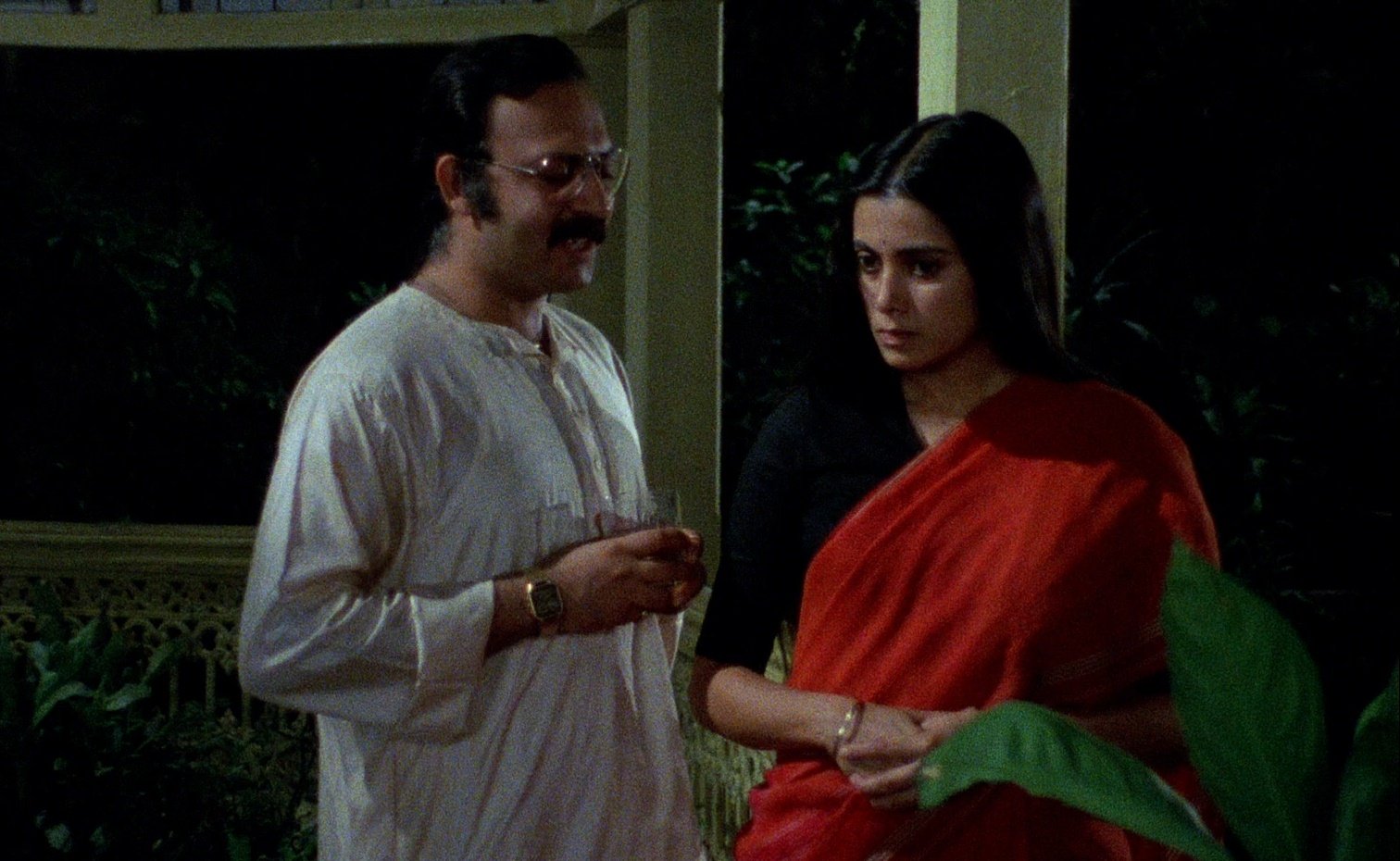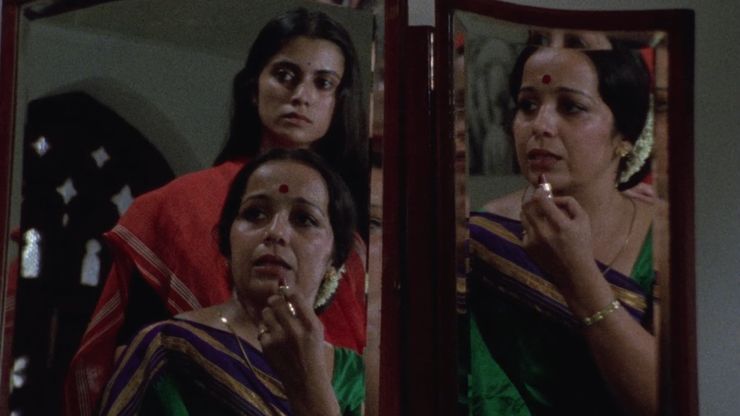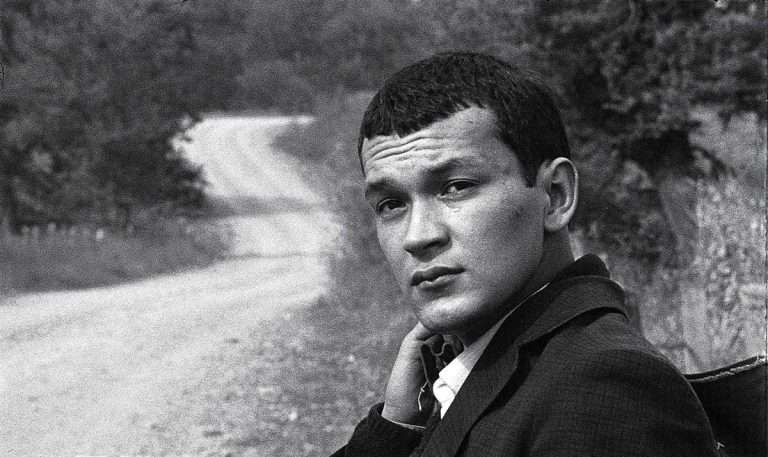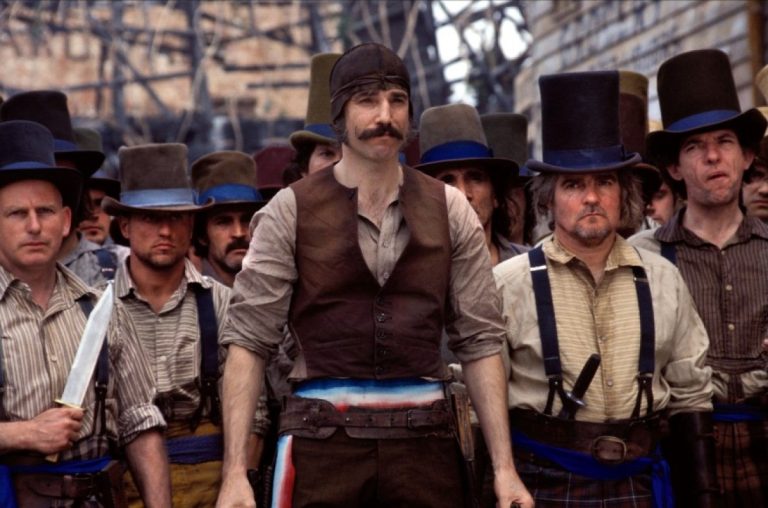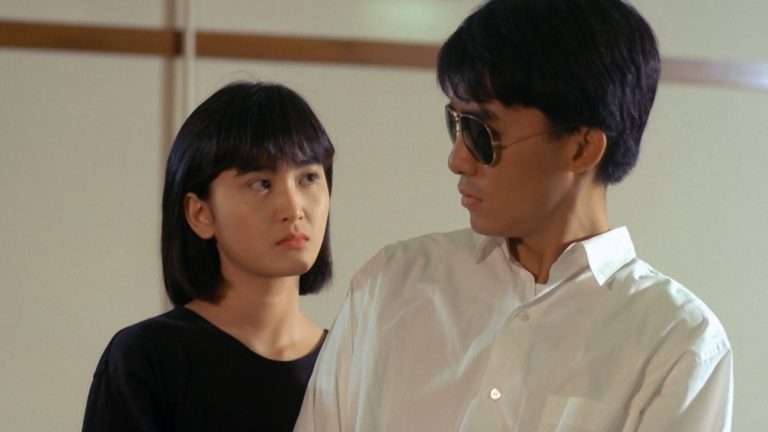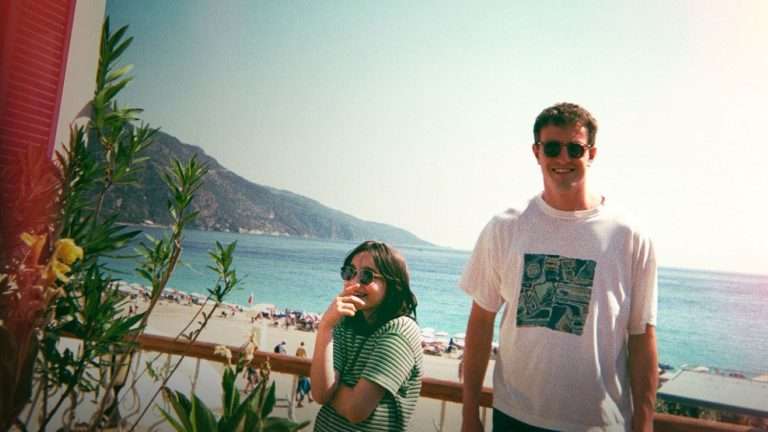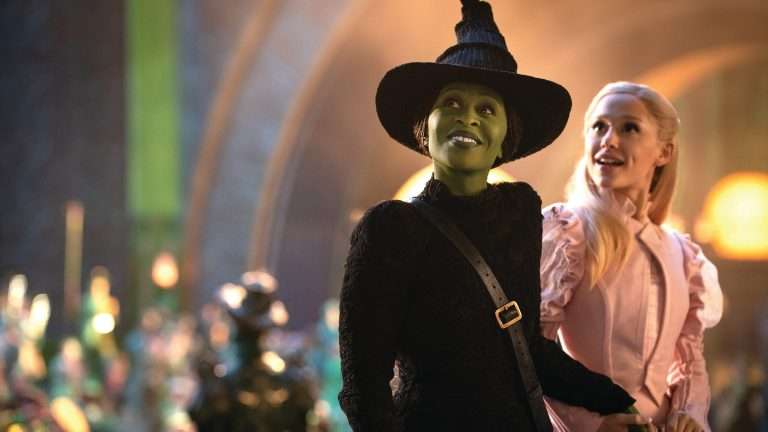Govind Nihalani’s 1984 film Party revealed that social hypocrisy was practiced almost everywhere, especially those positioned above the significant strata of life. Party is a satirical deconstruction of bourgeois guilt – the apex of living with oneself without actually understanding what stand to take. However, like most cinematic chamber pieces, it doesn’t just stop there. It also reveals the necessity of social consciousness in art and how art can never stand on neutral grounds.
It’s a stark example of how the rich, the privileged, and the aspiring artists with intellectually simulated whataboutery succumb to just showing it off when it’s least necessary, and keeping mum when speaking up is the only possible solution. Party is a film that is more accurate today than in 1984. The themes Nihalani investigates in his film can be exacted to the scene where an actor performs a moving performance on stage. Later, a fan questions him about his pain when performing such pieces. He simply replies that it’s the character’s pain and not his. This is to say that an artist’s self-reflection can only be understood when he is not acting – which is seldom.
Similar to Party (1984): Kakbagodaa [2019] Review: Another Aware Film Based on the Perception of Privilege
Party (1984) is full of startling scenes like this one. However, it mainly focuses on those who neglect the pathos governing them. They fail to recognize and understand why certain people oppose right and wrong because humanity becomes more vital to them than their art and commerce.
An important character remains absent in the entire narrative of Govind Nihalani’s films about the urban celebrating art without actually humanizing it. This character comes back to haunt those who choose to stand neutral despite having a piercing voice that is clear and an array of followers who would listen. On the other hand, the film also goes ahead to satirize how these decent, privileged people wear a layer of empty, stale lonesomeness over their showy exterior.
Similar to Party (1984): The Realm [2018] Review – A Brilliantly Paced Political Thriller
Coming back to staying neutral – the current political context where the country is divided into two ends, the big moolah of Bollywood fails to acknowledge – so much as bat an eye (Read: Tweet) on their stand. This double-checks Nihalani’s brilliant visionary perspective.
These artists and other art connoisseurs are two different people in the context of the party itself. They act like they have everything figured out when tête-à-tête-ing in the open. Their real faces, on the other hand, are reserved for private conversations and self-actualized reveals behind closed doors. Their empty life, their lack of human perspective, and their bourgeois existence all come out only when a facade of fakeness neatly shuts off the pomp and show of the party.
These people fail to acknowledge what the country is going through and take the next step of criticizing those who are actually taking a stand. Nihalani reveals how even people of the same family get botched up by something that feels secure but can otherwise be dangerous to a more significant section of people around them.
Recently, in a politically charged speech at the Screen Actors Guild, Robert de Niro, who won the lifetime achievement award, uncovered the US president’s blatant abuse of power as a deeply concerning issue. He also pointed out that he—who supposedly has a bigger voice than a million others—would lose no chance to voice his opinion on what’s right and what’s wrong as far as his country’s political and social atmosphere is concerned.
Also Read: Little Men [2016]: Kids with Artistic Wisdom
On the other hand, Bollywood still chooses to be neutral because it might affect their work cycle. But is humanity bigger than personal gains? People later claim that their favorite stars don’t take a stand because they perform to please. They are not meant to be people who give their audience a reality check. However, in times like these – when not taking a side can go uphill and destroy the very fabric of society, their lack of empathy is alarming. Similarly, when I start this off as a think-piece on Govind Nihalani’s Party (1984) and end up making it all about politics, can they be separated?
In Govind Nihalani’s 1984 satire on the privileged, a young poet who hasn’t yet become what he wishes to be rants about his anger at his country’s political and social construct. He says that as an artist, it is impossible for him to stand by when society is blinding itself to a power struggle leading to a collapse of society’s core values. He also points to his lack of privilege and a smaller voice reaching a limited number of people. Even though there’s a big chunk of human feelings in his words, the hypocrisy of making it to the big leagues can be seen clearly in his eyes.
This is to say that art and artists can revolutionize only when they base their art not on false pretense but on rigid truth. Both the privileged and underprivileged writers in Govind Nihalani’s film eventually fall prey to being haunted by the reality of not standing for the truth. They can still choose to stand neutral, but their nights will be armored by the ghosts of blood-soaked truth and a horrid existence that is as empty as their words.

